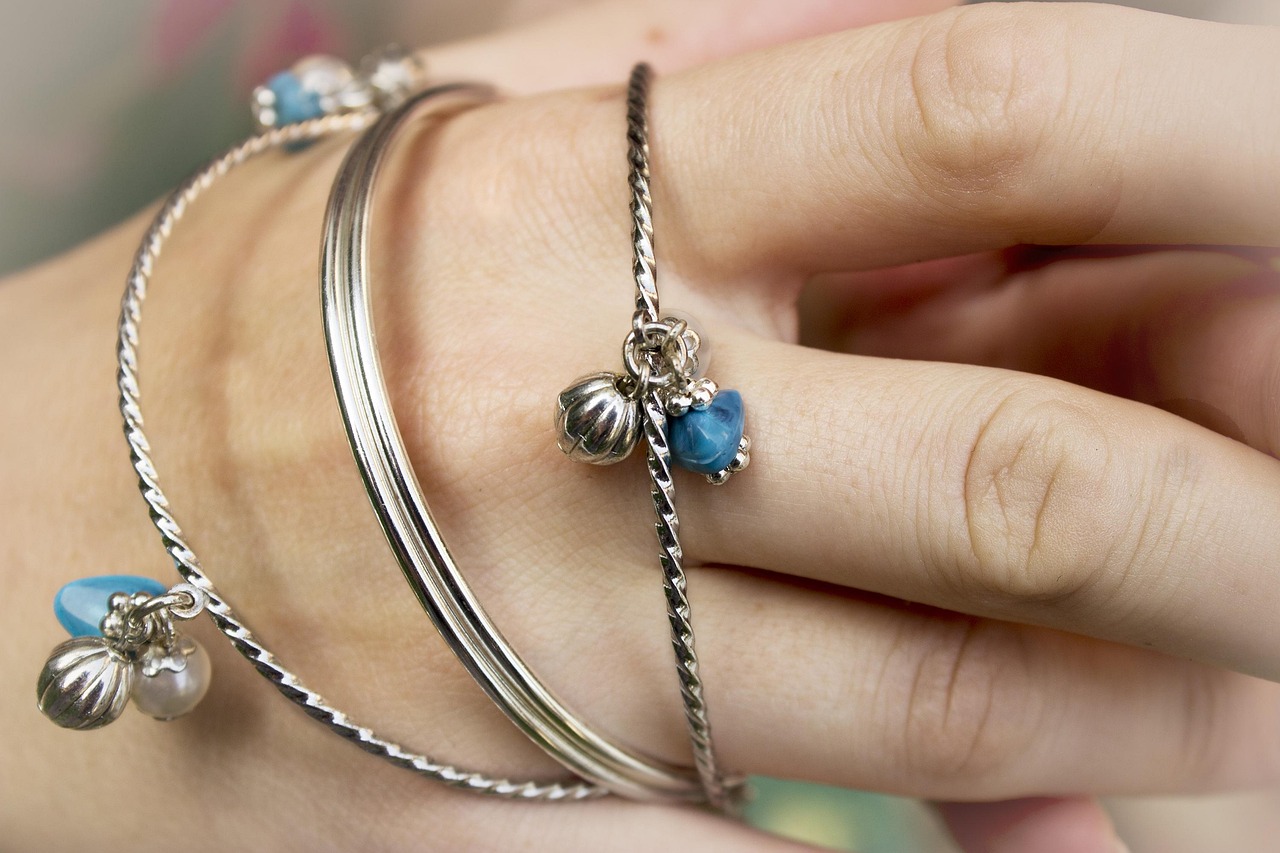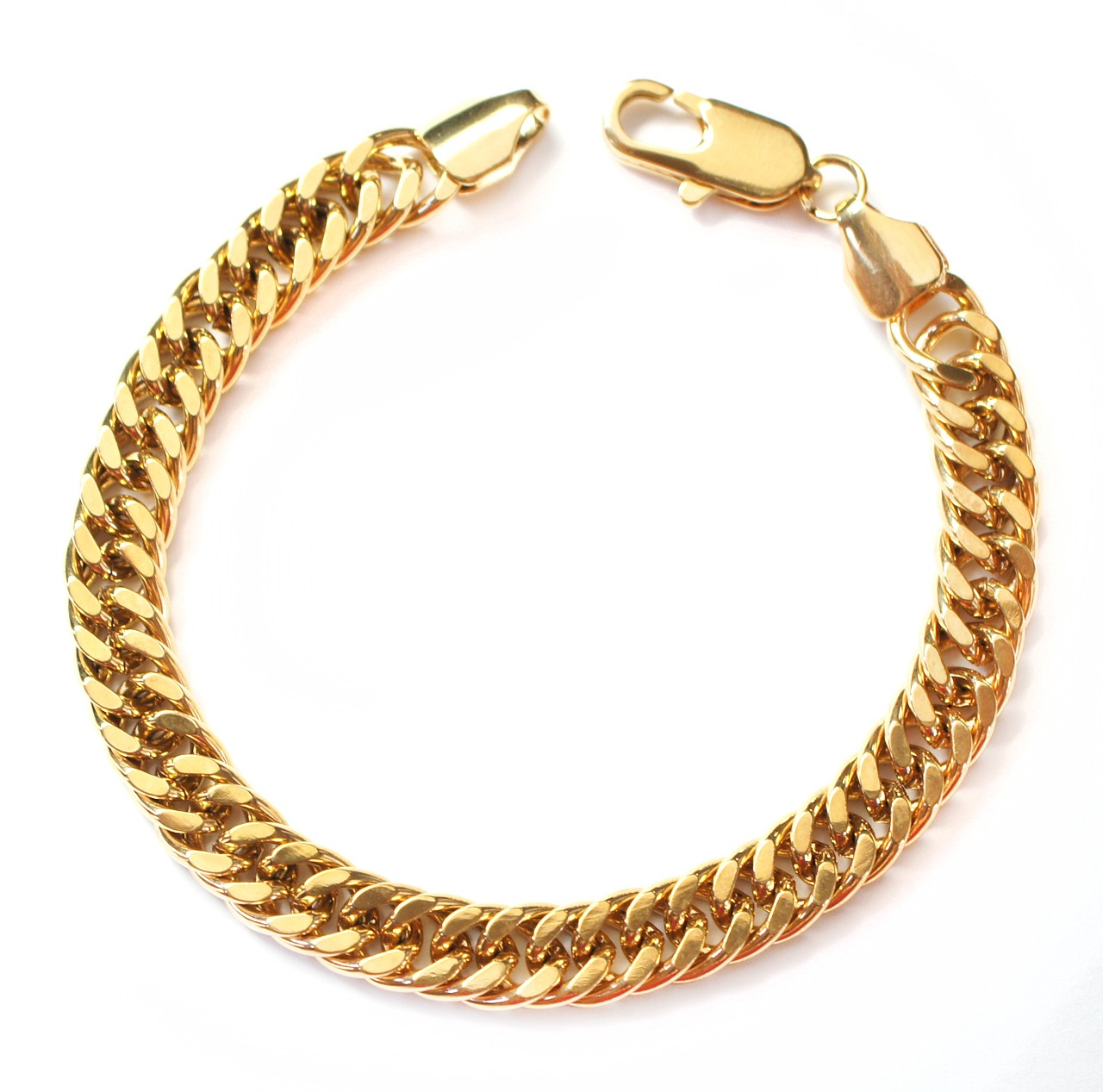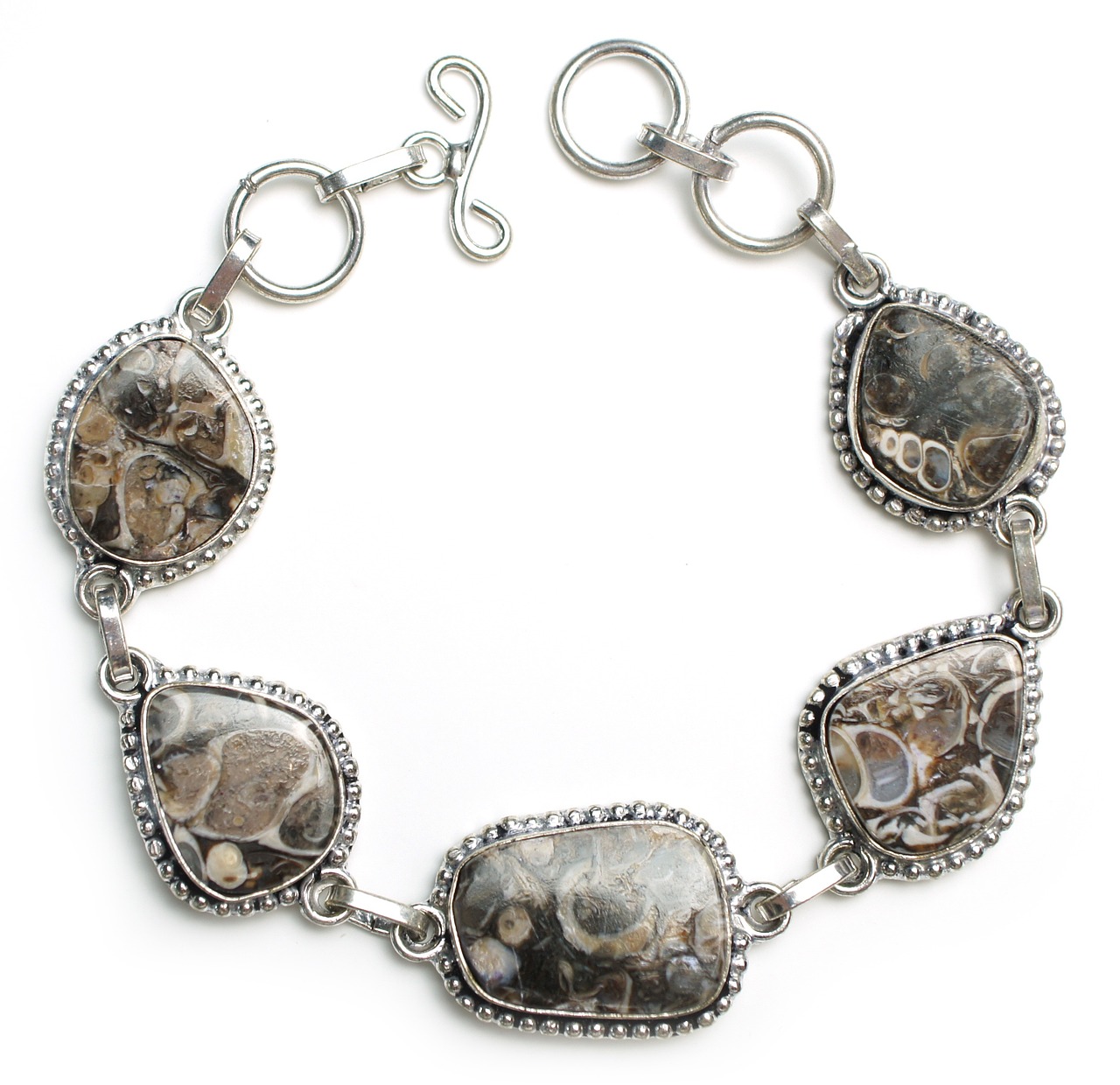This article explores the pros and cons of selling jewelry at pawn shops versus online platforms, helping you make an informed decision for maximizing your profits.
What Are Pawn Shops and How Do They Work?
Pawn shops are retail establishments that offer quick cash for personal items, including jewelry. They operate on a simple model: you bring in your jewelry, and they assess its value. If you agree to the price, you can either sell the item outright or take a loan against it. The loan amount is typically a fraction of the jewelry’s value, which can lead to a quick but often lower payout.
Benefits of Selling Jewelry at Pawn Shops
- Immediate Cash: One of the most significant advantages is the speed of the transaction. You can walk out with cash in hand within minutes.
- Convenience: Pawn shops are often located in your neighborhood, making them easily accessible.
- Straightforward Transactions: The process is simple, with no need for shipping or waiting for online buyers.
Drawbacks of Selling Jewelry at Pawn Shops
- Lower Offers: Pawn shops typically offer less than market value, which can be disappointing if you’re hoping to make a significant profit.
- Limited Selling Options: Once you sell to a pawn shop, you lose the chance to negotiate or find a better buyer.
How to Choose the Right Pawn Shop
Selecting a reputable pawn shop is essential. Look for shops with positive reviews and transparent pricing. Consider visiting multiple shops to compare offers and assess customer service.
What Are Online Selling Platforms?
Online selling platforms like eBay, Etsy, and others allow you to reach a much larger audience. These platforms enable you to showcase your jewelry with detailed descriptions and high-quality images, potentially attracting buyers willing to pay more.
Advantages of Selling Jewelry Online
- Higher Profit Potential: With a broader audience, you may find buyers willing to pay a premium for your pieces.
- Control Over Pricing: You set the price and can adjust it based on market demand.
- Enhanced Presentation: You can create appealing listings that highlight your jewelry’s unique features.
Challenges of Selling Jewelry Online
- Shipping Logistics: You must handle shipping safely, ensuring your items arrive without damage.
- Potential Scams: Online selling can expose you to fraudulent buyers, so it’s crucial to take precautions.
How to Price Your Jewelry for Sale
Proper pricing is critical, whether selling at a pawn shop or online. Research similar items to gauge market trends. Consider factors like brand, condition, and materials to set a competitive price.
Best Practices for Selling Jewelry Online
- Use High-Quality Photos: Clear, well-lit images can significantly boost buyer interest.
- Write Detailed Descriptions: Include information about the jewelry’s materials, size, and any unique features.
- Engage with Potential Buyers: Responding promptly to inquiries can help build trust and encourage sales.
Which Option is Best for You?
Deciding between a pawn shop and online selling depends on your urgency for cash and willingness to invest time. If you need quick funds, a pawn shop may be the way to go. However, if you have time and want to maximize profits, online platforms could be more beneficial. Assessing your priorities will guide you in choosing the best selling method for your jewelry.

What Are Pawn Shops and How Do They Work?
Pawn shops serve as a unique financial resource, offering quick cash for items like jewelry. However, understanding how pawn shops operate is essential for anyone considering this option. These establishments typically function on a loan-based model, where customers can pawn their valuables in exchange for immediate funds. The amount of cash offered is usually a fraction of the item’s appraised value, which can be a critical factor in your decision-making process.
Pawn shops assess jewelry based on several factors, including:
- Material Composition: The type of metal (gold, silver, platinum) and the presence of gemstones significantly influence value.
- Market Trends: Current market prices for precious metals and stones can fluctuate, impacting the amount offered.
- Condition: The overall state of the jewelry, including any wear and tear, will also affect its valuation.
When you bring your jewelry to a pawn shop, the process typically involves:
- Evaluation: A pawn broker will evaluate your item and provide a loan offer based on its assessed value.
- Loan Agreement: If you accept the offer, you will sign a loan agreement outlining the loan amount, interest rate, and repayment terms.
- Item Storage: Your jewelry will be securely stored until you repay the loan or choose to forfeit the item.
While pawn shops can provide quick cash, they come with both advantages and disadvantages:
- Benefits:
- Immediate cash availability without credit checks.
- Simple and straightforward transactions.
- No obligation to sell; you can reclaim your item by repaying the loan.
- Drawbacks:
- Pawn shops often offer less than market value for items.
- High-interest rates can make loans expensive if not repaid promptly.
- Risk of losing your item if you cannot repay the loan.
Selecting a reputable pawn shop is crucial for ensuring a fair transaction. Consider the following tips:
- Research local pawn shops and read customer reviews.
- Compare offers from multiple shops to find the best deal.
- Check for licenses and certifications to ensure legitimacy.
In summary, pawn shops can be a convenient option for obtaining quick cash against jewelry. However, it is vital to understand their business model and the implications of pawning your items. By being informed about the valuation process, the pros and cons, and how to select a trustworthy shop, you can make a more educated decision that aligns with your financial needs.

Benefits of Selling Jewelry at Pawn Shops
When it comes to selling jewelry, many individuals find themselves weighing their options between pawn shops and online platforms. One option that stands out for its immediacy and convenience is pawn shops. In this section, we will delve into the benefits of selling jewelry at pawn shops, highlighting why this method may be the right choice for you.
Pawn shops provide a unique selling experience that appeals to those in need of quick cash. Unlike online selling, which can take time to set up and execute, pawn shops allow you to walk in with your jewelry and leave with cash in hand. This instant gratification is invaluable for individuals facing urgent financial needs.
One of the most significant advantages of selling jewelry at a pawn shop is the ability to receive immediate cash. This can be particularly beneficial for those who require funds for unexpected expenses, such as medical bills or car repairs. The straightforward nature of the transaction means you can quickly assess your jewelry’s value and receive payment on the spot.
Pawn shops offer a hassle-free experience for sellers. You do not need to create a listing, take photographs, or wait for buyers to respond, as you would when selling online. The process is streamlined: simply bring your jewelry to the shop, and the pawnbroker will evaluate it. If both parties agree on a price, you can complete the transaction swiftly.
Unlike online platforms, where your jewelry may be just one of thousands of listings, pawn shops often have less competition. This can lead to quicker sales, especially if your piece is unique or in high demand. Pawn shops cater to local customers, which can also speed up the selling process.
Pawn shop owners are typically knowledgeable about jewelry and can provide a fair assessment of your item’s worth. Their expertise can help ensure that you receive a reasonable offer based on the current market trends. Additionally, you can ask questions and get immediate feedback, which is often lacking in online selling scenarios.
In many cases, pawn shops offer more than just a buyout option. If you’re not ready to part with your jewelry entirely, you can consider pawning it instead. This involves receiving a loan against your item, allowing you to reclaim it later after repaying the loan. This flexibility can be a great option for those who need cash but want to keep their jewelry.
For those who value privacy, selling at a pawn shop can be a discreet option. Unlike online platforms, where your listing is visible to the public, transactions at pawn shops are typically private. This can be particularly appealing for individuals who may not want to disclose their financial situation or the sale of personal items.
When selling jewelry online, you often face the challenge of shipping your items securely. This can involve additional costs and potential risks of damage or loss during transit. Pawn shops eliminate these concerns, as there is no need to package and ship your jewelry. You can complete the entire process in person, ensuring that your item is safe.
In summary, selling jewelry at pawn shops offers numerous benefits, including immediate cash flow, simplicity, and expert evaluation. For those seeking a quick and convenient way to sell their jewelry, pawn shops can be an excellent option. Whether you need to address urgent financial needs or prefer a straightforward transaction, pawn shops provide a viable alternative to online selling.

Drawbacks of Selling Jewelry at Pawn Shops
When considering where to sell your jewelry, it’s essential to weigh all options carefully. One popular choice is pawn shops, which provide a quick and easy way to obtain cash. However, there are several drawbacks associated with this method that potential sellers should be aware of.
Pawn shops operate on a business model that prioritizes profit. They typically offer loans against the value of your jewelry rather than purchasing it outright. This means that the amount they offer is often significantly lower than the market value of the piece. The reason for this disparity lies in their need to resell the item at a profit, which requires them to factor in costs such as:
- Overhead expenses
- Risk of unsold inventory
- Market fluctuations
Another drawback is that pawn shops typically have fixed pricing policies. While you may have some room for negotiation, it is often limited compared to selling directly to a consumer. This can result in a less favorable deal than what you might achieve through online selling or private sales.
For many sellers, jewelry carries sentimental value. When selling through a pawn shop, you may find it challenging to part with these pieces, especially if you are not receiving a price that reflects their emotional significance. This emotional aspect can complicate your decision-making process.
Pawn shops are known to offer low prices, particularly for items that are not in high demand. If your jewelry is unique or has specific features, you may find that pawn shops do not recognize its worth, leading to disappointing offers that do not reflect its true value.
When you enter a pawn shop, you may feel rushed to make a decision, especially if you need cash quickly. This pressure can lead to poor choices regarding the sale of your jewelry. It’s essential to take your time and consider all your options before agreeing to any deal.
While pawn shops can provide immediate cash, it’s crucial to understand the drawbacks involved. They often pay less than the market value of jewelry, limit negotiation opportunities, and may not appreciate the emotional significance of your items. Before deciding, consider researching other selling options, such as online platforms or private sales, which may yield better financial outcomes.
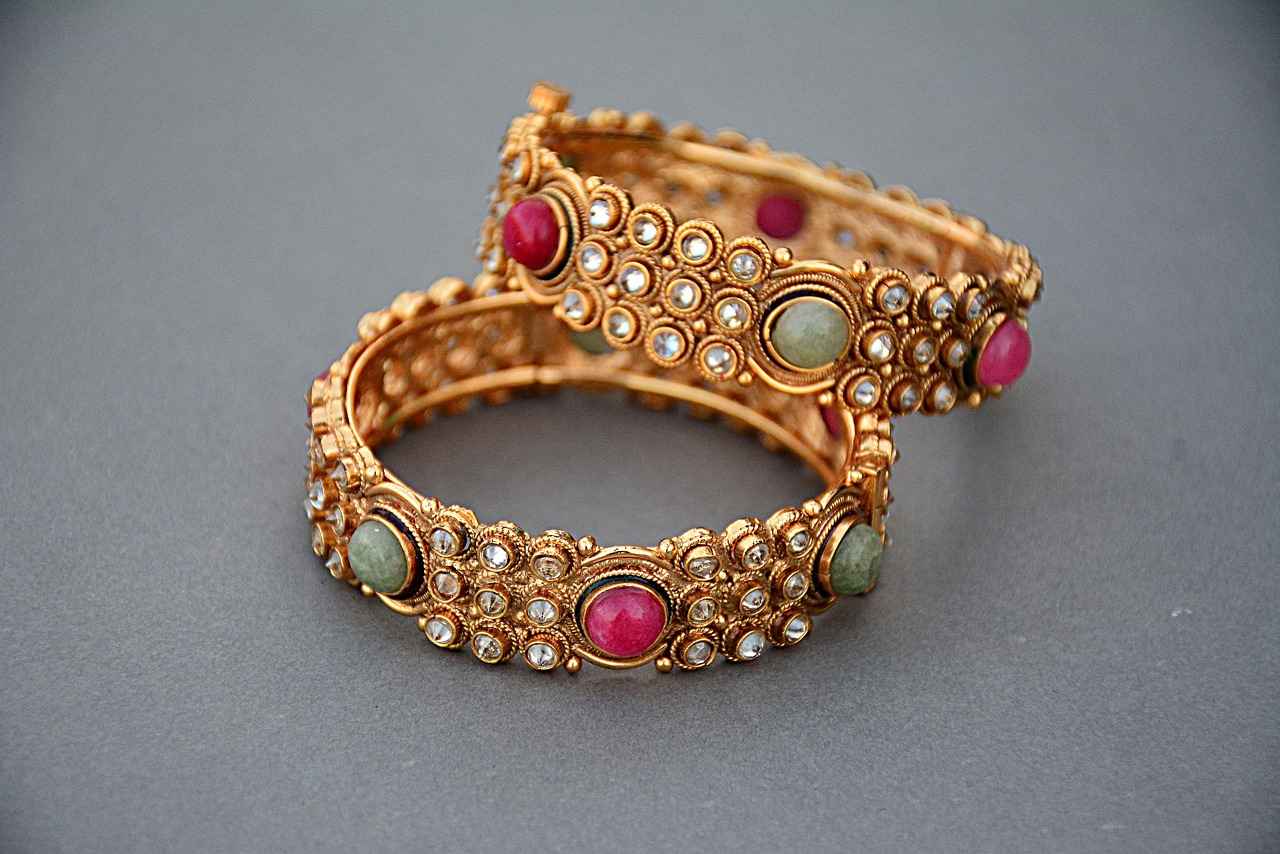
How to Choose the Right Pawn Shop
When it comes to selling your jewelry, choosing the right pawn shop can significantly influence the amount of money you receive. With numerous options available, it is crucial to make an informed decision. Below are some essential tips and insights to help you navigate the process of selecting a reputable pawn shop.
Start by researching local pawn shops in your area. A simple online search can yield a list of shops, but it’s important to dig deeper. Look for shops that have been in business for several years, as longevity often indicates reliability. Pay attention to their business practices and whether they are members of professional organizations.
Customer feedback is invaluable when selecting a pawn shop. Utilize platforms like Google Reviews or Yelp to read about others’ experiences. Look for patterns in the reviews, such as:
- Fair pricing
- Customer service quality
- Transparency in transactions
Positive reviews can be a good indicator of a reputable shop, while consistent negative feedback should raise red flags.
Ensure that the pawn shop is licensed and certified according to local regulations. This not only protects you as a seller but also indicates that the shop adheres to legal standards. You can usually find this information on the shop’s website or by inquiring directly.
If possible, visit the pawn shop in person. This allows you to assess the shop’s atmosphere and professionalism. Take note of the following:
- Cleanliness and organization of the shop
- Staff behavior and knowledge
- Security measures in place
A welcoming and professional environment can enhance your confidence in their services.
Before committing to a pawn shop, inquire about their pricing structure and policies. Ask questions such as:
- How do they determine the value of items?
- What percentage of the item’s value can you expect to receive?
- Are there any fees associated with the transaction?
Understanding these aspects will help you gauge whether the shop’s practices align with your expectations.
Finally, trust your instincts. If something feels off or if you sense that the shop is not offering a fair deal, it’s okay to walk away. There are plenty of reputable pawn shops available, and finding the right one is essential for getting the best price for your jewelry.
In conclusion, selecting the right pawn shop requires a combination of research, personal interaction, and instinct. By following these guidelines, you can ensure that you make an informed decision that maximizes your profits and provides a positive selling experience.
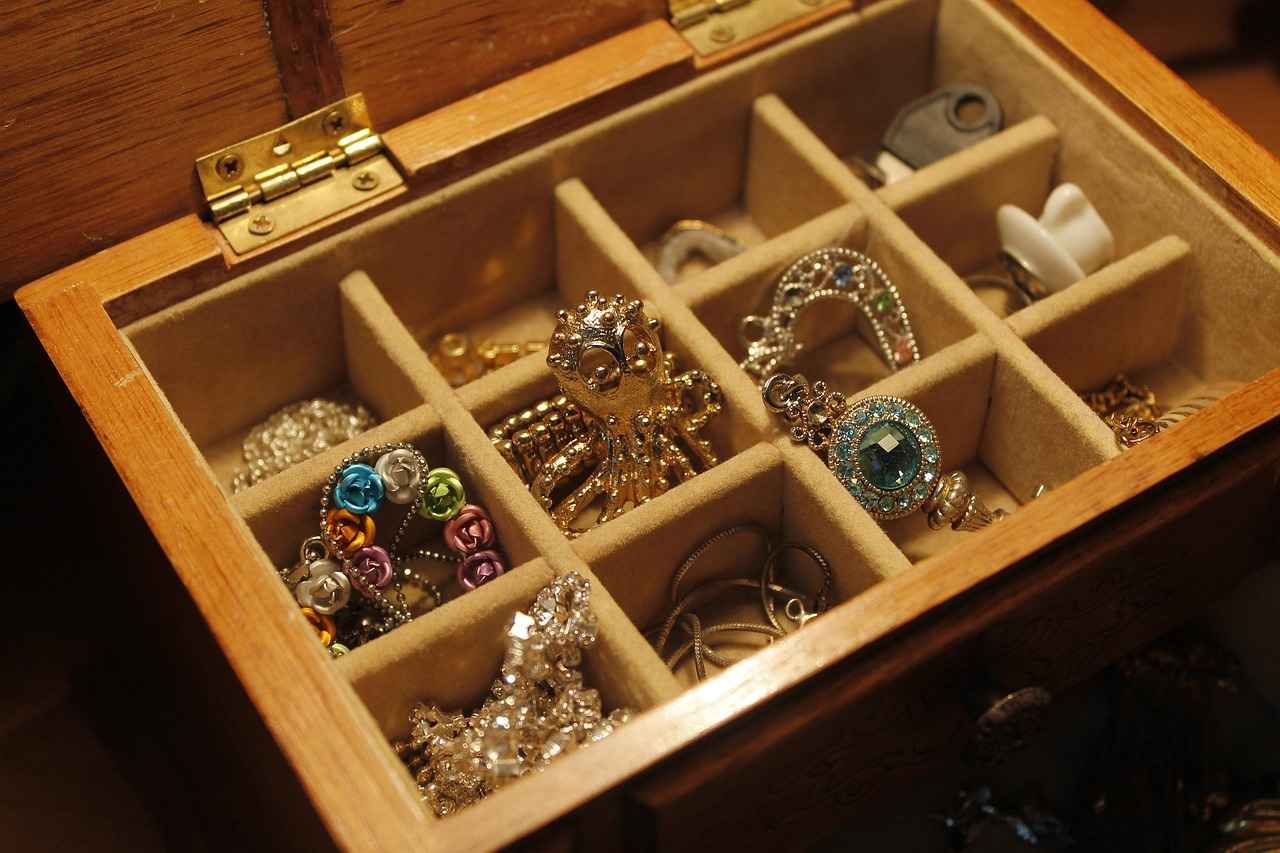
What Are Online Selling Platforms?
In today’s digital age, online selling platforms have transformed the way individuals sell their goods, including jewelry. Platforms like eBay and Etsy provide sellers with the opportunity to connect with a vast and diverse audience. Understanding how these platforms function can significantly enhance your ability to sell jewelry profitably.
Online selling platforms are digital marketplaces that facilitate the buying and selling of products over the internet. These platforms allow sellers to list their items, set prices, and manage transactions with buyers from around the world. By leveraging these platforms, jewelry sellers can showcase their pieces to a broader audience, increasing their chances of making sales.
To utilize an online selling platform effectively, it is essential to understand its core functionalities:
- Account Setup: Sellers typically need to create an account, which may involve providing personal information and payment details.
- Listing Products: Sellers can create listings for their jewelry, including descriptions, images, and prices. High-quality photos and detailed descriptions are crucial for attracting potential buyers.
- Transaction Management: Once a buyer purchases an item, the platform usually handles payment processing, ensuring a secure transaction for both parties.
- Shipping and Handling: Sellers are responsible for packaging and shipping the jewelry to the buyer, which can involve additional costs and logistics.
There are several compelling reasons to consider using online selling platforms for your jewelry:
- Wider Audience Reach: Unlike local pawn shops, online platforms can connect you with customers globally, significantly increasing your potential market.
- Control Over Pricing: Sellers have the freedom to set their own prices and adjust them based on market trends, allowing for more profitable sales.
- Enhanced Presentation: Online platforms enable sellers to present their jewelry in a visually appealing way, which can attract more buyers.
While there are many advantages, selling jewelry online also comes with its own set of challenges:
- Shipping Logistics: Managing shipping can be complicated, especially when dealing with fragile items like jewelry. Sellers must ensure safe packaging and timely delivery.
- Potential Scams: Online selling can expose sellers to fraudulent buyers. It’s important to use secure payment methods and be wary of suspicious activity.
- Market Saturation: The online marketplace can be highly competitive, making it challenging to stand out among numerous listings.
To enhance your selling experience and improve your chances of success, consider the following best practices:
- Invest in Quality Photography: Clear, high-resolution images that showcase your jewelry from multiple angles can significantly increase buyer interest.
- Write Compelling Descriptions: Provide detailed information about the materials, dimensions, and craftsmanship of your jewelry to build trust with potential buyers.
- Engage with Customers: Respond promptly to inquiries and maintain a professional tone to foster positive relationships with buyers.
By understanding the ins and outs of online selling platforms, you can effectively navigate the digital marketplace and maximize your profits when selling jewelry.
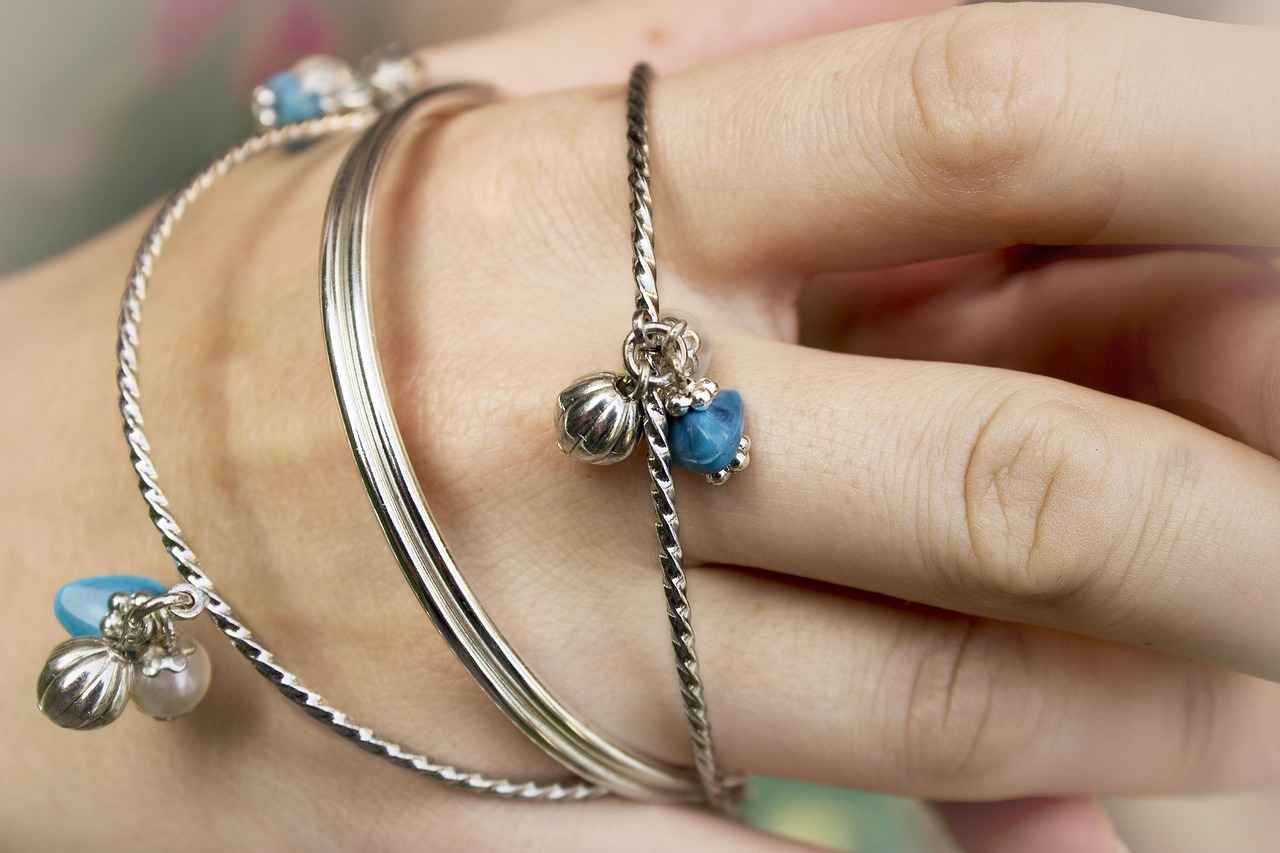
Advantages of Selling Jewelry Online
When it comes to selling jewelry, the method you choose can significantly impact your profits and overall experience. One of the most effective options available today is selling jewelry online. This approach not only allows you to reach a broader audience but also provides numerous advantages that can enhance your selling experience.
One of the primary is the potential for higher profits. With access to a larger customer base, you can connect with buyers from all over the world, vastly increasing your chances of making a sale. Unlike local pawn shops, which may limit your audience, online platforms open the door to a global market.
Another significant benefit is the greater control you have over pricing and presentation. When selling online, you can set your prices based on current market trends and your jewelry’s unique characteristics. This flexibility allows you to maximize your profits, as you can adjust prices according to demand and competition.
Moreover, you have the opportunity to present your jewelry in the best light possible. High-quality photographs and detailed descriptions can attract potential buyers and convey the value of your items. This level of presentation is often not achievable in pawn shops, where items may be hastily evaluated and displayed.
Selling jewelry online also reduces the pressure associated with in-person transactions. You can take your time to craft the perfect listing, respond to inquiries at your convenience, and avoid the awkward negotiations that can occur in pawn shops. This stress-free environment can lead to a more enjoyable selling experience.
Many online selling platforms provide resources and tools to assist sellers. From pricing calculators to marketing tips, these resources can help you optimize your listings and increase visibility. Additionally, you can easily track your sales and customer interactions, allowing for better management of your online store.
Another advantage of selling jewelry online is the ability to build a brand. By creating a unique online presence, you can cultivate customer loyalty and encourage repeat business. Engaging with customers through social media and email marketing can enhance your relationship with buyers, making them more likely to return for future purchases.
While the advantages are significant, it is important to acknowledge that online selling comes with its own set of challenges. Issues such as shipping logistics, potential scams, and the need for effective marketing can complicate the process. However, being aware of these challenges and preparing accordingly can help you navigate the online marketplace successfully.
In summary, selling jewelry online offers numerous advantages, including higher profit potential, control over pricing, and the ability to present your items attractively. By leveraging the resources available on various platforms, you can enhance your selling experience and connect with a wider audience. While challenges exist, the benefits often outweigh the drawbacks, making online selling a compelling option for those looking to maximize their jewelry sales.

Challenges of Selling Jewelry Online
When it comes to selling jewelry, many individuals are drawn to the convenience and potential profit of online platforms. However, while there are numerous advantages to selling jewelry online, it is essential to recognize the challenges that accompany this method. Understanding these hurdles can equip you with the knowledge needed to navigate the online marketplace effectively.
One of the primary challenges of selling jewelry online is the issue of shipping logistics. Proper packaging is crucial to ensure that your jewelry arrives safely at its destination. This involves not only choosing the right materials but also understanding the costs associated with shipping. Additionally, you must consider the potential for lost or damaged items during transit, which can lead to financial loss and customer dissatisfaction.
Another significant concern is the risk of potential scams. Unfortunately, the anonymity of the internet can attract dishonest buyers. To protect yourself, it is vital to use secure payment methods and to conduct thorough research on the buyer before completing any transactions. Look for platforms that offer seller protection policies and ensure that you maintain clear communication throughout the selling process.
The online jewelry market is highly competitive, making it challenging to stand out. With countless sellers vying for attention, it is essential to optimize your listings with high-quality images and detailed descriptions. This not only helps attract buyers but also builds trust. Consider utilizing SEO strategies to improve the visibility of your listings, as this can significantly impact your sales.
Handling returns and providing excellent customer service can also be daunting. Many online buyers expect prompt responses and hassle-free return policies. Establishing clear return guidelines and being responsive to inquiries can enhance your reputation as a seller. Remember, satisfied customers are more likely to leave positive reviews, which can further boost your sales.
Legal considerations are another aspect that cannot be overlooked. Depending on your location, there may be specific regulations regarding the sale of jewelry, especially if it contains precious metals or stones. Familiarizing yourself with these laws can help you avoid legal complications and ensure a smooth selling experience.
- Use Trusted Platforms: Choose reputable selling platforms that offer built-in protections for both buyers and sellers.
- Invest in Quality Photography: High-quality images can significantly enhance your listings and attract more buyers.
- Be Transparent: Provide detailed descriptions, including any flaws or unique features of the jewelry.
- Set Clear Policies: Establish clear return and shipping policies to set proper expectations for buyers.
In summary, while selling jewelry online can be a lucrative venture, it is not without its challenges. From shipping logistics and scams to competition and legal considerations, being aware of these issues is vital for a successful selling experience. By taking proactive steps to mitigate risks and enhance your listings, you can navigate the online marketplace with greater confidence and achieve your sales goals.

How to Price Your Jewelry for Sale
When it comes to selling your jewelry, proper pricing is essential. Whether you opt for a pawn shop or an online platform, understanding how to set the right price can significantly influence your selling experience and profits. In this section, we will explore various factors that contribute to effective pricing strategies for your jewelry.
To price your jewelry effectively, you must first grasp current market trends. This involves researching similar items to see how they are priced. Websites like eBay and Etsy can provide valuable insights into what similar pieces are selling for. Additionally, consider the seasonality of jewelry sales; certain times of the year, such as holidays, may see increased demand and higher prices.
The condition of your jewelry plays a vital role in determining its value. Assess whether your piece is in excellent, good, or poor condition. For example, a well-maintained piece with no visible wear will command a higher price than one that shows signs of damage or neglect. If necessary, consider obtaining a professional appraisal to better understand its worth.
Pricing can also vary depending on where you choose to sell your jewelry. Pawn shops typically offer lower prices because they need to resell the items for a profit. In contrast, online platforms allow you to set your own price, giving you the potential for higher returns. However, you must account for factors like shipping costs and platform fees when setting your price online.
Once you’ve gathered all necessary information, it’s time to set a competitive price. This involves balancing your need for a fair return with the desire to attract buyers. Consider the following strategies:
- Price slightly below market value: This can create urgency and attract more buyers.
- Highlight unique features: If your jewelry has special attributes, such as a rare gemstone or designer brand, emphasize these in your listing to justify a higher price.
- Be open to negotiation: Especially in pawn shops, being flexible with your price can lead to a quicker sale.
There are various online tools and calculators available that can assist you in determining the right price for your jewelry. Websites that specialize in jewelry sales often provide guides and calculators based on current market data. Utilizing these resources can help ensure that your pricing is both competitive and fair.
In summary, pricing your jewelry effectively requires a combination of market research, evaluation of your piece’s condition, and an understanding of the selling platform you choose. By applying these principles, you can set a price that maximizes your profits while attracting potential buyers. Always remember that the right price can make all the difference in your selling experience.

Best Practices for Selling Jewelry Online
When it comes to selling jewelry online, implementing the right strategies can make a significant difference in your success. The digital marketplace is competitive, and to stand out, you must attract potential buyers with compelling presentations and transparent information.
One of the most critical factors in online jewelry sales is the quality of your photos. High-quality images serve as the first impression for potential buyers and can greatly influence their purchasing decisions. Here are some tips for taking effective photos:
- Use Natural Lighting: Natural light enhances the shine and details of your jewelry.
- Multiple Angles: Showcase your piece from different viewpoints to provide a comprehensive look.
- Close-ups: Highlight intricate details and craftsmanship that may not be visible from a distance.
- Neutral Backgrounds: Use simple backgrounds to ensure the jewelry remains the focal point.
In addition to stunning visuals, detailed descriptions are vital for building trust and interest. A well-crafted description should include:
- Material Information: Specify the type of metal and gemstones used, as this can affect value.
- Dimensions: Provide measurements to help buyers gauge the size of the piece.
- Condition: Be honest about any wear or imperfections to maintain transparency.
- Story Behind the Piece: If applicable, share any unique history or inspiration behind the jewelry.
Utilizing SEO strategies can enhance your visibility in search results. Incorporate relevant keywords in your titles and descriptions to attract more potential buyers. For example, phrases like “handcrafted silver necklace” or “vintage diamond ring” can help your listing appear in search queries.
Engaging with potential buyers can foster trust and encourage sales. Respond promptly to inquiries and provide additional information when requested. Consider implementing a FAQ section on your listing to address common questions upfront.
Shipping logistics can be daunting, but clear policies can ease potential buyers’ concerns. Here are some best practices:
- Secure Packaging: Ensure your jewelry is well-protected during transit to prevent damage.
- Clear Shipping Policies: Outline shipping costs and delivery times to set expectations.
- Return Policy: A reasonable return policy can increase buyer confidence and lead to more sales.
Encouraging customers to leave feedback can enhance your credibility. Positive reviews can significantly influence new buyers’ decisions, while constructive criticism can help you improve your offerings.
In summary, maximizing your online jewelry sales requires a combination of high-quality photos, detailed descriptions, effective SEO practices, and strong customer engagement. By focusing on these best practices, you can significantly enhance buyer interest and trust, ultimately leading to higher sales and customer satisfaction.

Which Option is Best for You?
When it comes to selling your jewelry, the decision between a pawn shop and online selling platforms can significantly impact your financial outcome. Understanding your immediate needs and the time you can allocate for the selling process is essential in making the right choice. In this section, we will delve deeper into the factors that can guide your decision-making.
If you find yourself in urgent need of cash, pawn shops can be a convenient option. They provide immediate cash based on the value of your jewelry. This is particularly beneficial if you need funds quickly for unexpected expenses. However, it’s important to note that pawn shops typically offer less than the market value of your items. Therefore, if your financial situation allows for some flexibility, you might want to consider online selling.
Online selling often requires more time and effort compared to the straightforward transactions at pawn shops. You will need to take high-quality photos, write detailed descriptions, and manage communication with potential buyers. If you have the time to invest, online platforms like eBay or Etsy can yield higher profits due to their broader audience reach. This option allows you to set your own prices and wait for the right buyer who appreciates the value of your jewelry.
Understanding the market value of your jewelry is crucial, regardless of the selling method you choose. Research comparable items and set a competitive price. If you’re selling at a pawn shop, be prepared for negotiations that may lead to a lower offer than expected. On the other hand, online selling allows you to price your jewelry more strategically, potentially leading to higher returns.
Choosing a pawn shop offers the convenience of quick cash without the hassle of shipping and online listings. However, if you prioritize profitability and are willing to navigate the online marketplace, selling your jewelry online can be more rewarding. The key is to weigh the convenience of immediate cash against the potential for better profits with online sales.
Consider your comfort level with technology when deciding between these options. If you are tech-savvy and familiar with online selling platforms, you might find the experience enjoyable and rewarding. Conversely, if technology is not your strong suit, pawn shops may provide a simpler, more straightforward experience.
Ultimately, the decision between a pawn shop and online selling comes down to your personal circumstances. If you need cash quickly and prefer a hassle-free transaction, a pawn shop may be the best choice. However, if you have the time to invest and are looking to maximize your profits, online selling could be the way to go. By carefully evaluating your priorities and understanding the pros and cons of each option, you can make an informed decision that aligns with your financial goals.
Frequently Asked Questions
- What should I consider when choosing between a pawn shop and online selling?
When deciding where to sell your jewelry, think about how quickly you need cash. Pawn shops offer immediate cash but often at lower prices. Online platforms can yield higher profits but require time and effort to list and sell your items.
- Are pawn shops a good option for selling valuable jewelry?
Pawn shops can be convenient for quick cash, but they typically pay less than market value. If you have valuable jewelry, consider getting an appraisal to understand its worth before heading to a pawn shop.
- How can I ensure a fair price when selling online?
Research similar items on platforms like eBay or Etsy to gauge market prices. Take high-quality photos and write detailed descriptions to attract buyers and justify your asking price.
- What are the risks of selling jewelry online?
Online selling can expose you to scams and shipping issues. Always use secure payment methods and consider insurance for valuable items during shipping to mitigate risks.
- Can I sell jewelry that has sentimental value?
Absolutely! However, be prepared for the emotional aspect of selling. If it’s hard to part with, consider whether you want to sell it for cash or hold onto it as a keepsake.







